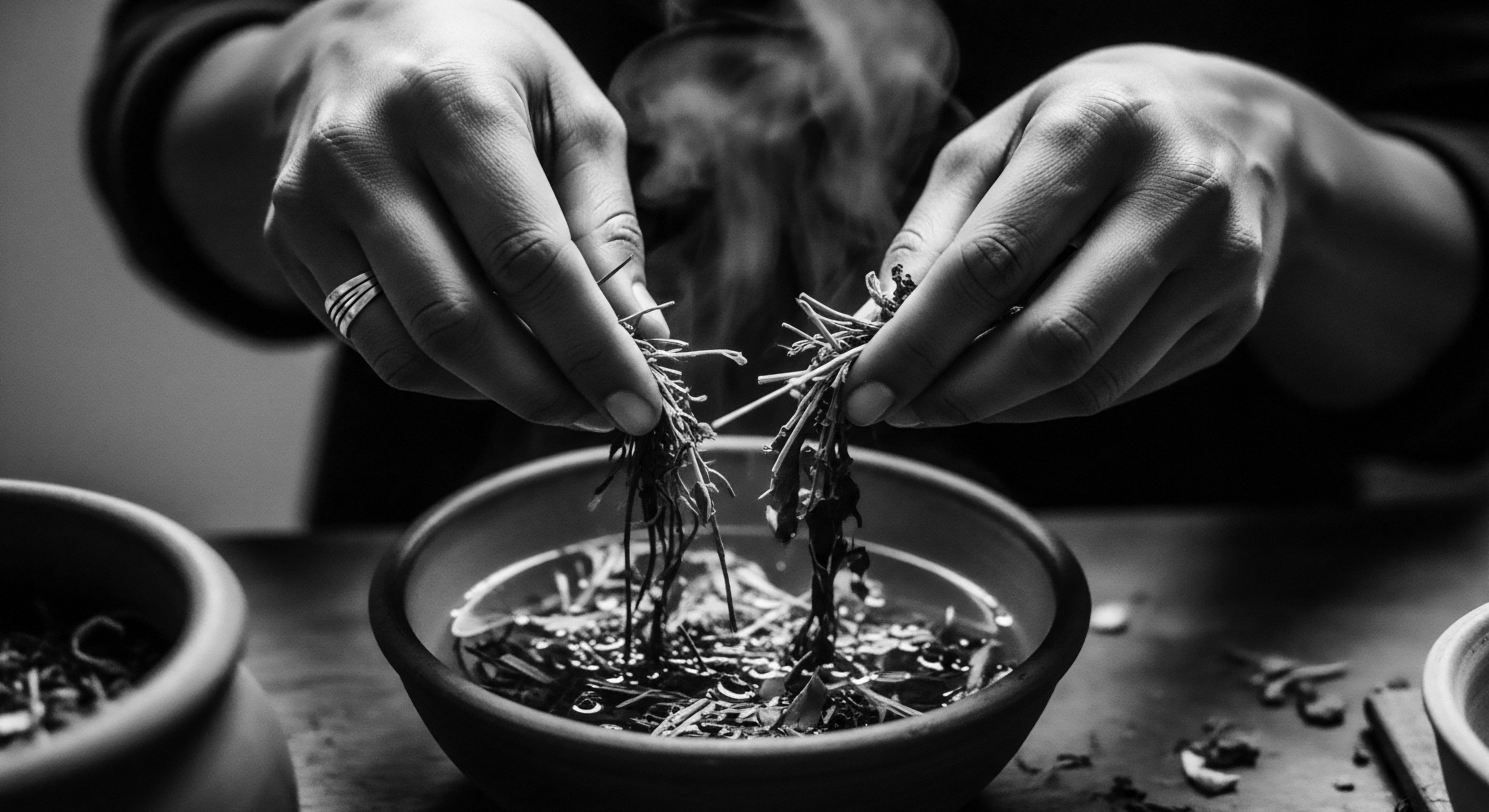
Melatonin Hair Influence
Meaning ❉ The Melatonin Hair Influence reveals how the body's nightly rhythms, guided by melatonin, profoundly impact the health of textured hair.

Can Insufficient Sleep Compromise the Inherited Vitality of Textured Hair?
Insufficient sleep can compromise the inherited vitality of textured hair by disrupting cellular repair and elevating stress hormones.

Sleep Physiology
Meaning ❉ Sleep physiology reveals the body's nocturnal restorative processes that are fundamental for vibrant textured hair and its heritage.

Melatonin Hair Growth
Meaning ❉ Melatonin Hair Growth encompasses the natural compound's intricate influence on hair follicle cycles, deeply intertwined with ancestral wisdom and textured hair heritage.
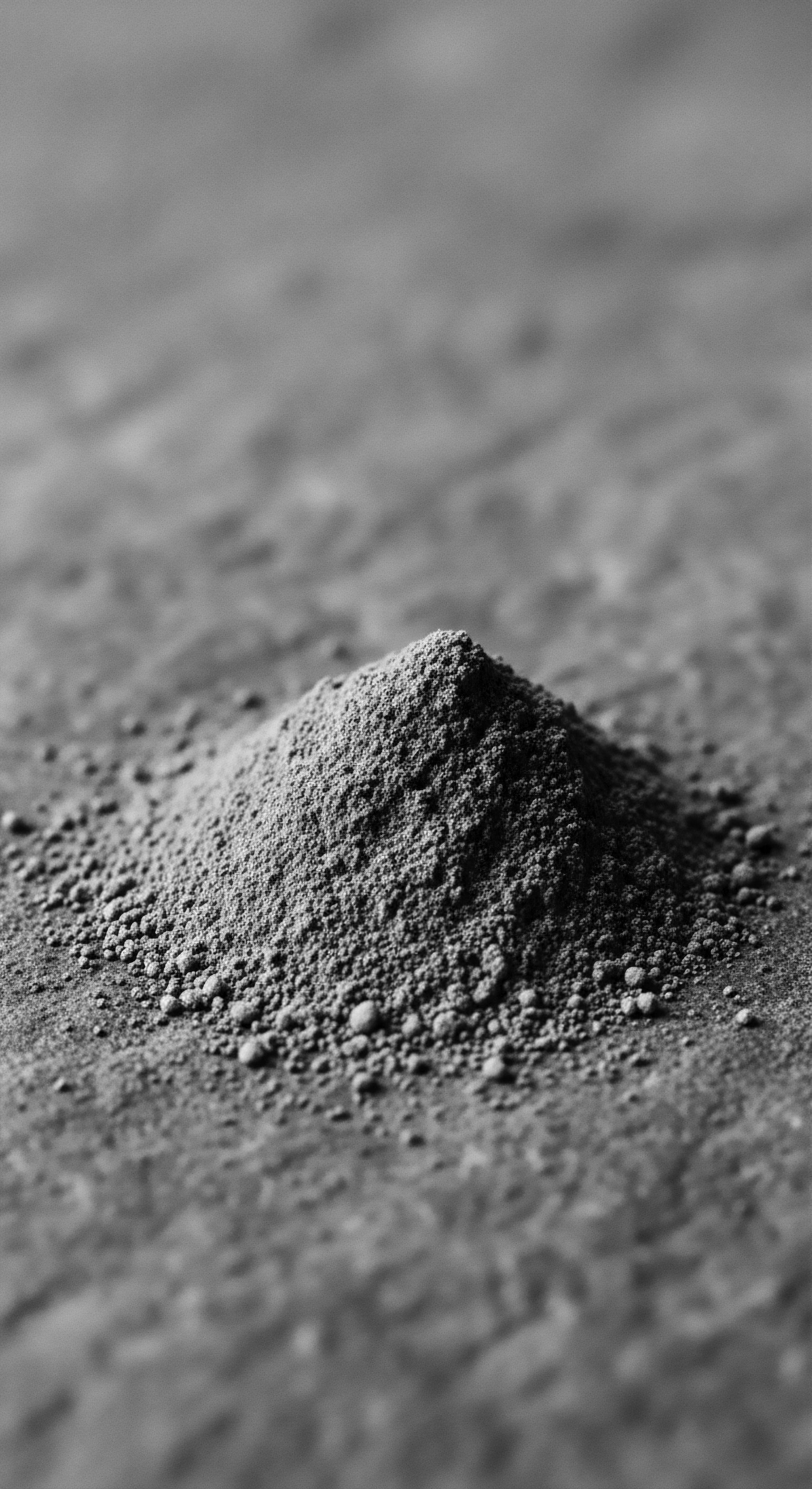
How Does Restful Sleep Benefit Textured Hair?
Restful sleep protects textured hair by fostering cellular repair, hormone balance, and moisture retention, echoing ancestral care traditions.
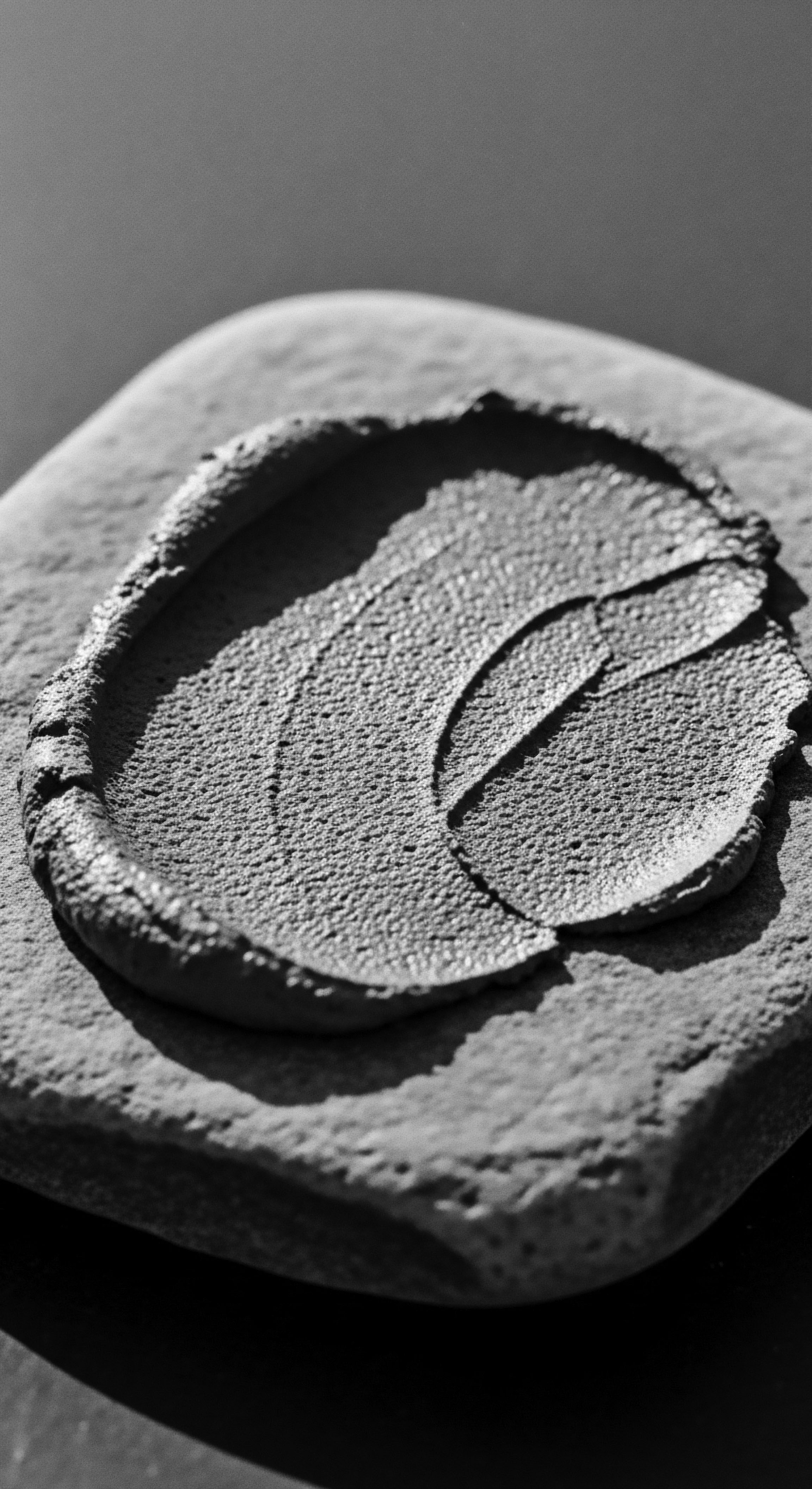
Melatonin Hair Health
Meaning ❉ Melatonin Hair Health denotes the neurohormone's influence on hair vitality, growth cycles, and oxidative protection, rooted in ancestral care.
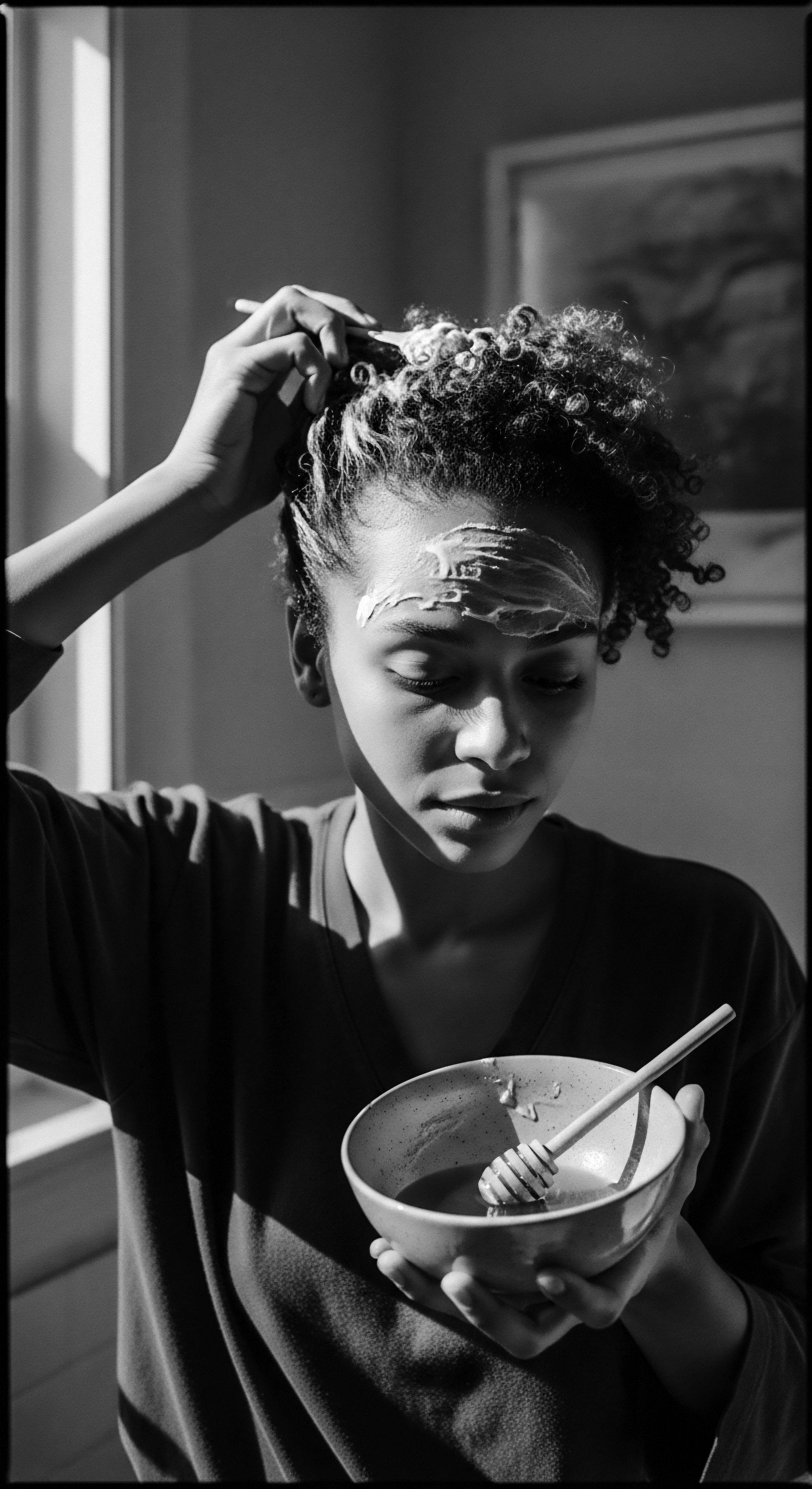
Melatonin Hair Concept
Meaning ❉ The Melatonin Hair Concept is the understanding of melatonin's role in promoting hair growth, scalp health, and hair follicle protection, deeply connected to historical and cultural hair care traditions.

Sleep Hormones
Meaning ❉ Sleep hormones are biochemical messengers like melatonin that regulate rest and profoundly influence textured hair health through systemic repair and regeneration.
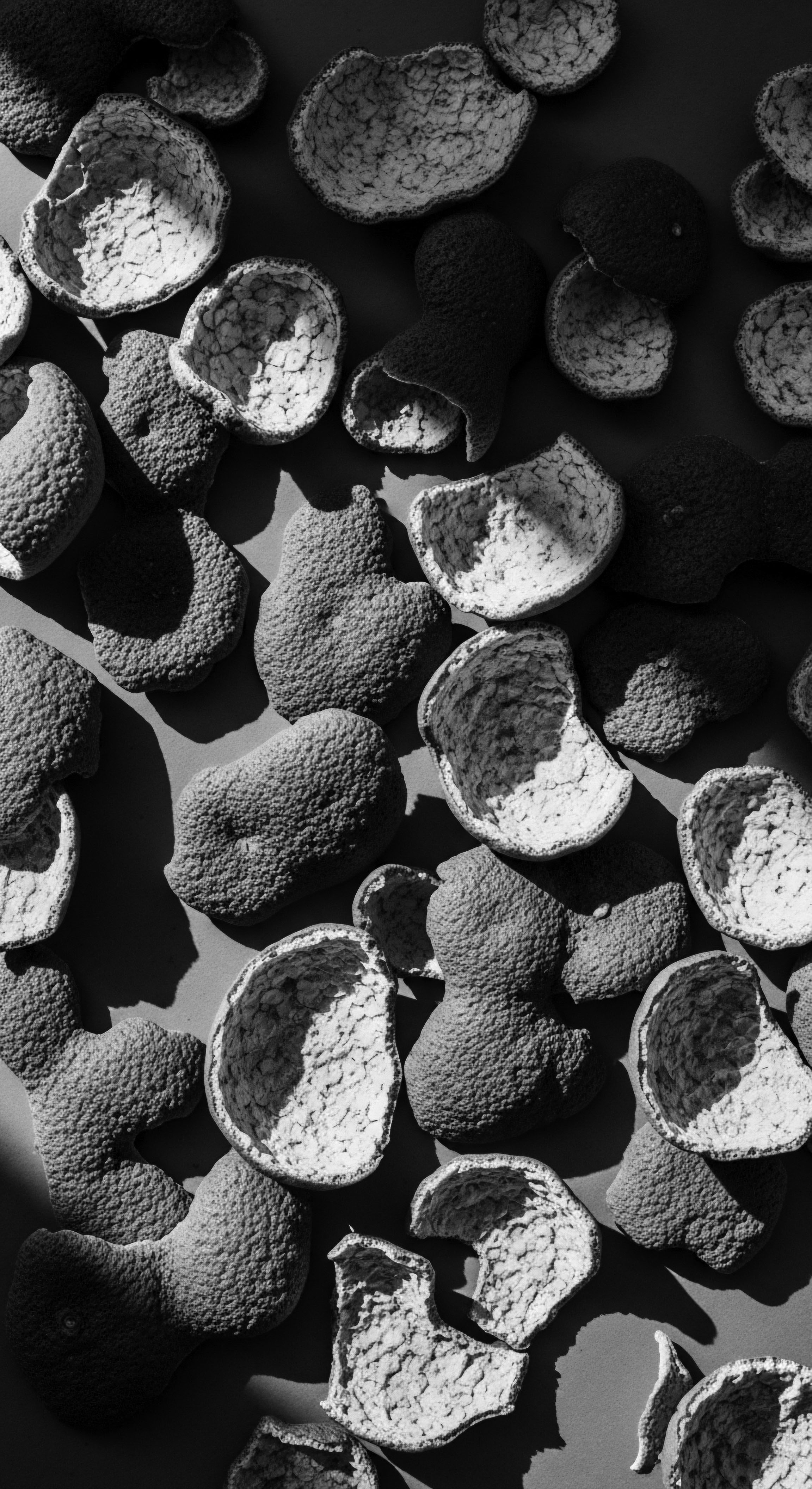
Melatonin Hair
Meaning ❉ Melatonin Hair signifies the intrinsic, rhythmic vitality of textured hair, influenced by biological cycles and honored through ancestral care.

How Do Sleep Hormones Affect Textured Hair?
Sleep hormones guide the health of textured hair by influencing follicle repair and growth, a connection echoed in ancestral care traditions.

